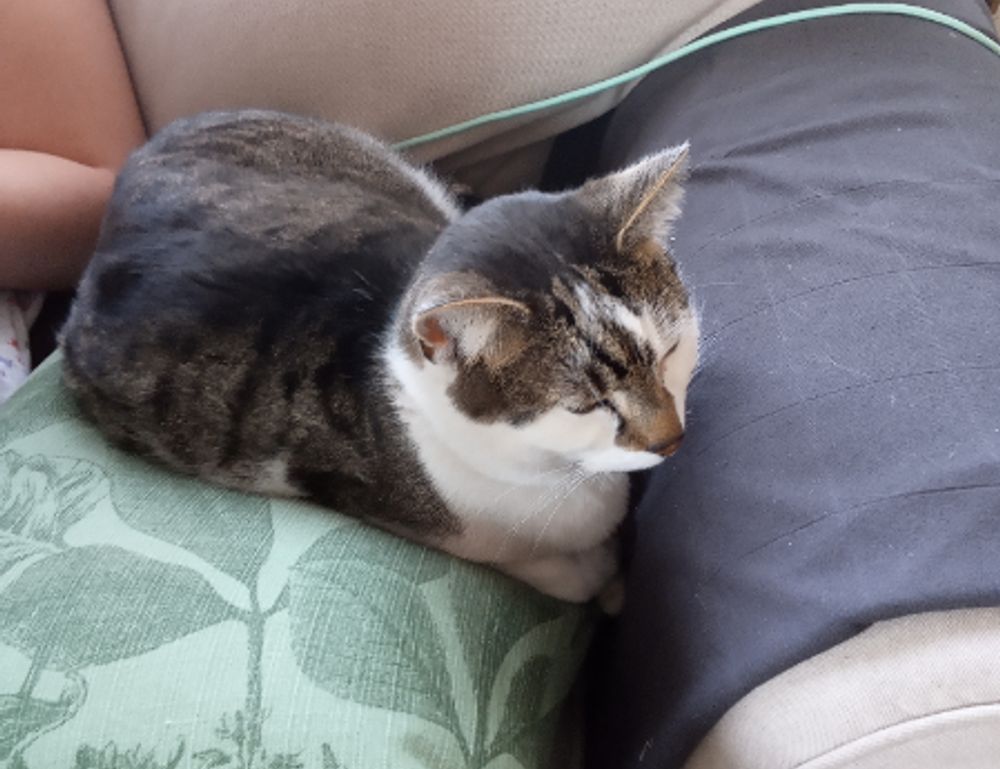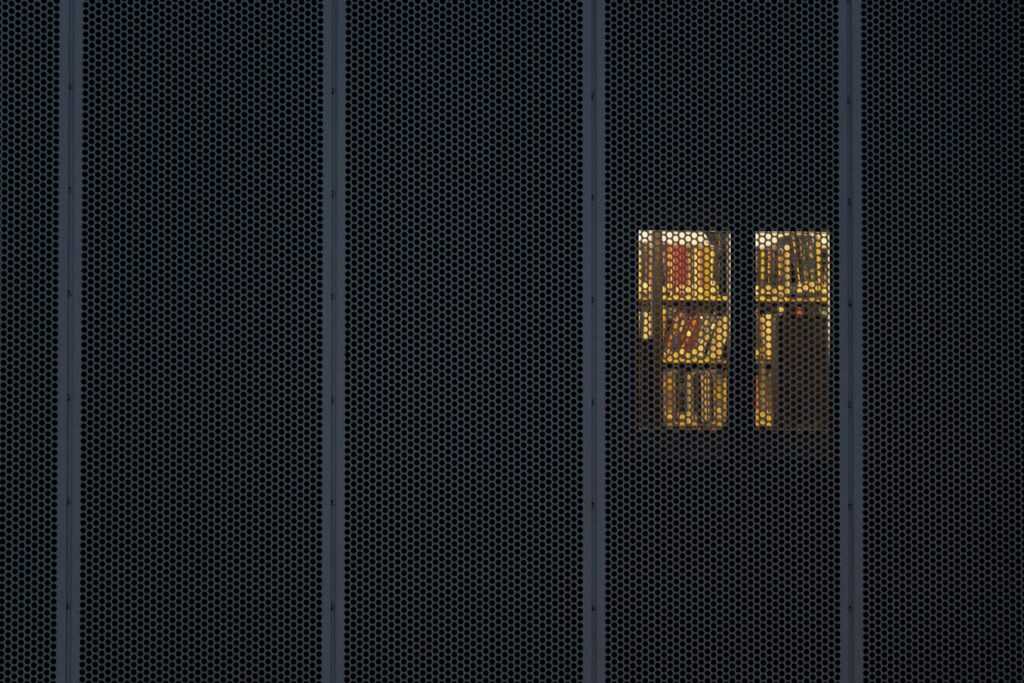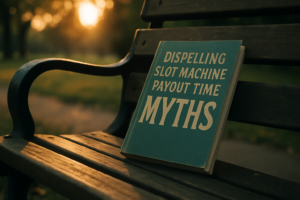5673580647: What Is It?
This number has been reported multiple times across various online callreporting databases. In many instances, users sideeye it due to unexpected or unsolicited outreach. While it’s not certified as a scam number, it raises red flags due to call patterns that resemble telemarketing or phishing attempts.
Here’s the thing: most unknown numbers that ring once or call during odd hours are optimized to get your attention—some folks say they play on curiosity. If you call back, you’re often put on a list or routed through systems that might cost you money or compromise your privacy.
Why You Might Be Getting This Call
Several reasons:
Autodialers using predictive algorithms hit thousands of numbers at random or in batches. Phishing campaigns where the scammer is trying to verify active numbers to later pitch scams or extract sensitive info. Aggressive marketing tactics where businesses outsource calls through thirdparty services.
The number 5673580647 fits this profile—calls are brief, often end after one or two rings, and rarely leave a voicemail. That behavior isn’t typical of legitimate businesses or personal contacts.
What To Do When You See It
If you’re the type who wants to investigate, fine. But rule number one: do not answer or return the call unless you’re sure it’s legitimate.
Instead, try this:
- Google the number. That’ll usually surface forums or aggregator sites where users report experiences.
- Use a callblocking app. Tools like Hiya, TrueCaller, or your phone’s builtin spam protection help filter highrisk numbers before they reach you.
- Report it. In the U.S., you can log unwanted or suspicious calls with the FTC or the National Do Not Call Registry.
Recognizing Scam Patterns
Some signs are obvious if you know what to look for:
Robotic or recorded messages when you answer. Requests for personal info—banking details, social security, or passwords. Claims that you’ve won something or owe money to “the government.”
Educating yourself and others is key. One call could lead nowhere. Multiple interactions often open the door to more problematic digital intrusions.
Number Spoofing: A Common Tactic
The trouble with identifying calls tied to 5673580647 or similar numbers is the growing trend of number spoofing. It lets fraudsters make it look like they’re calling from a local, trusted, or known line—even from businesses or government agencies.
Spoofing makes people drop their guard. Once they answer, scammers try to fish for personal data, or worse, push dangerous links via text.
The only way to combat this is persistent skepticism and protective tech layers—apps, filters, and never assuming a caller’s ID is honest.
What If You’ve Already Answered?
If you picked up or called back:
Watch your call records to ensure no international charges were added. Monitor your credit cards and bank accounts if any information was exchanged. Update passwords if you shared login or identity data. Consider filing a report with your mobile carrier—some offer additional guidance or fraud alerts.
You won’t always suffer consequences from one quick answer, but caution is better than scrambling later.
How To Stay Ahead
It’s simple:
Don’t answer unknown numbers. If it’s important, they’ll leave a voicemail. Keep your phone’s software updated—security patches matter. Use multifactor authentication for accounts in case your identity details were compromised. Talk to friends and family—especially older users who may not know what spoofing or phishing mean. A twominute conversation can prevent major wastes of time or loss.
Bottom Line on 5673580647
The safest move with a number like 5673580647 is to block and ignore it. There’s no upside to entertaining unknown or suspicious calls. With most scams, the biggest danger isn’t the first contact—it’s what happens if you trust that contact.
Stay alert. Be skeptical. And assume that every unexpected number has a cost.







